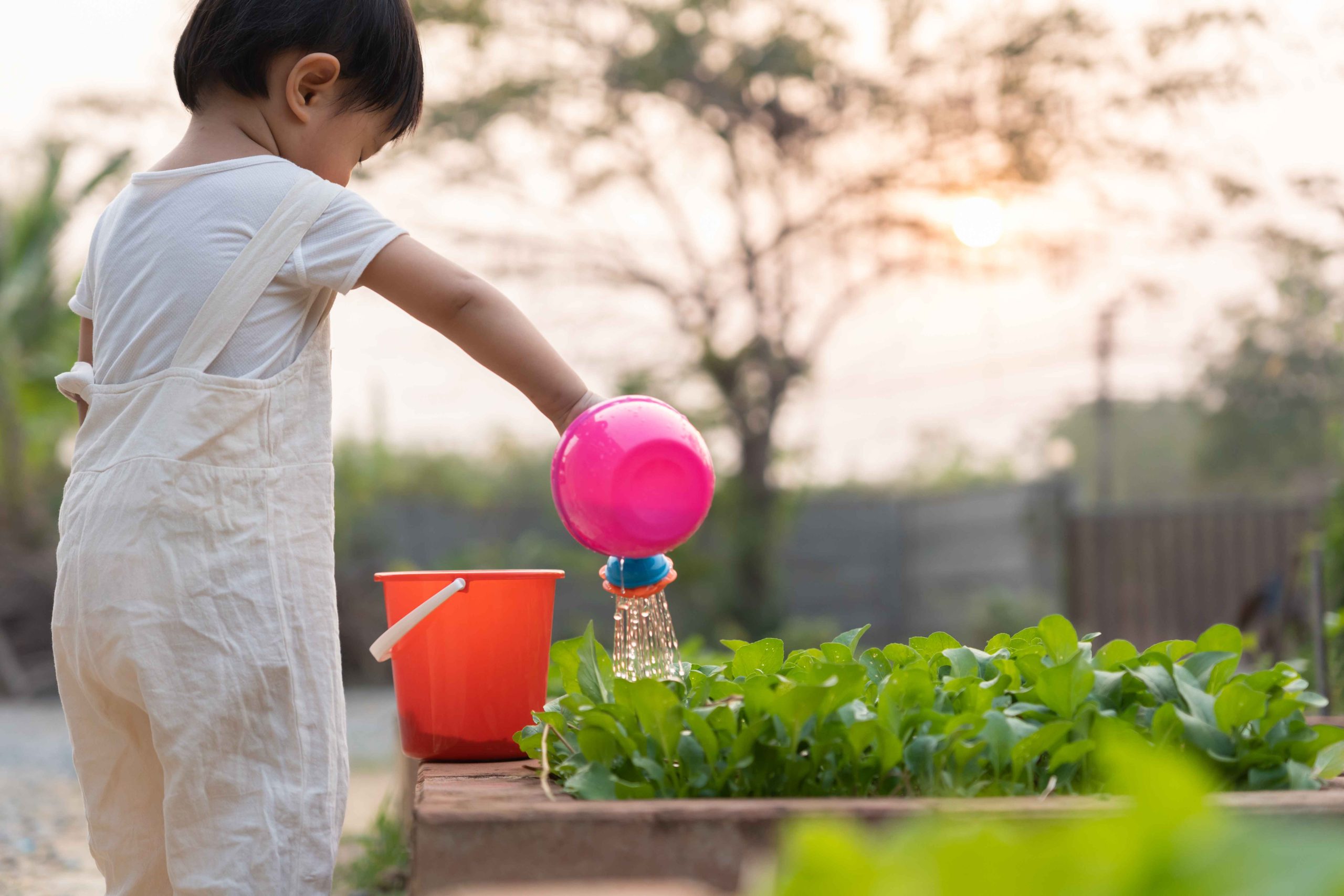
How Montessori Preschoolers Learn: Practical Life Skills
What are Practical Life Skills?
Practical life skills are activities that enable preschoolers to take care of themselves, their environment, and others around them.
Examples include tasks such as pouring water, sweeping the floor, and setting the table.
Montessori believed that learning practical life skills was a critical foundation for a child’s overall development.
Importance of Practical Life Skills for Preschoolers
Practical life skills are essential for a preschooler’s development as they help them gain a sense of order, discipline, and responsibility.
How Do Montessori Preschoolers Learn Practical Life Skills?
Teachers provide a prepared environment that promotes learning and independence.
Preschoolers are encouraged to observe, experiment, and practice tasks such as pouring water, slicing fruit, or scrubbing tables.
Guidance and support are provided as needed, emphasizing independent learning and skill development.
Supporting Preschooler’s Learning at Home
Parents can support their preschooler’s learning by providing opportunities for practice at home.
Encourage participation in household chores like setting the table, watering plants, or sorting laundry.
Modeling good practical life skills in daily routines also reinforces learning.
Examples of Practical Life Skills for Preschoolers
- Pouring liquids
- Slicing and chopping fruit
- Sweeping and mopping floors
- Dusting and cleaning surfaces
- Setting the table
- Washing dishes
- Polishing shoes
- Folding clothes
- Sewing buttons
- Planting and caring for plants
Preparing Preschoolers for Future Success
Practical life skills prepare preschoolers for success by developing discipline, focus, and concentration.
They also enhance fine motor skills, hand-eye coordination, and a sense of independence and responsibility.
Encouraging Practical Life Skills at Home
Parents can encourage practical life skills at home through activities like cooking, cleaning, and pet care.
Involving preschoolers in daily tasks fosters independence, responsibility, and a sense of accomplishment.
Role of Montessori Teachers
Montessori teachers play a crucial role in fostering practical life skills through a structured and supportive environment.
They provide guidance, encouragement, and opportunities for hands-on learning and skill development.
Conclusion
Practical life skills are fundamental for preschoolers’ development and future success.
By incorporating these skills into daily routines and learning environments, we empower preschoolers to thrive and reach their full potential.


